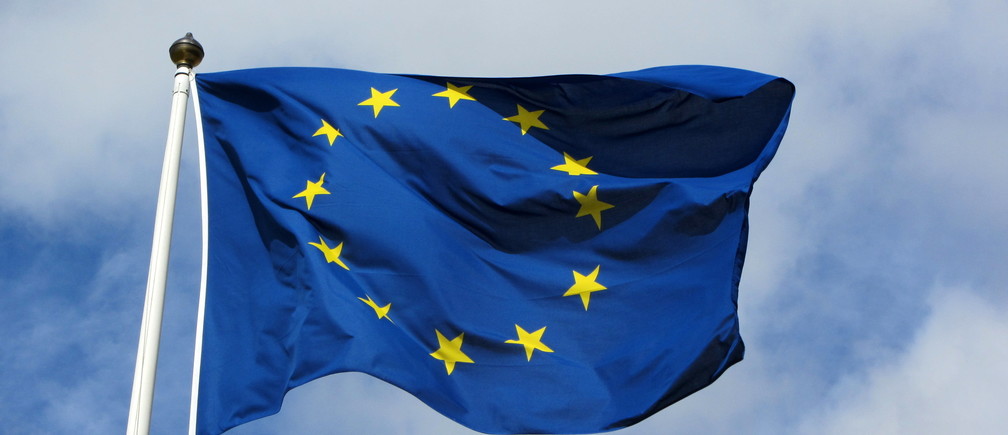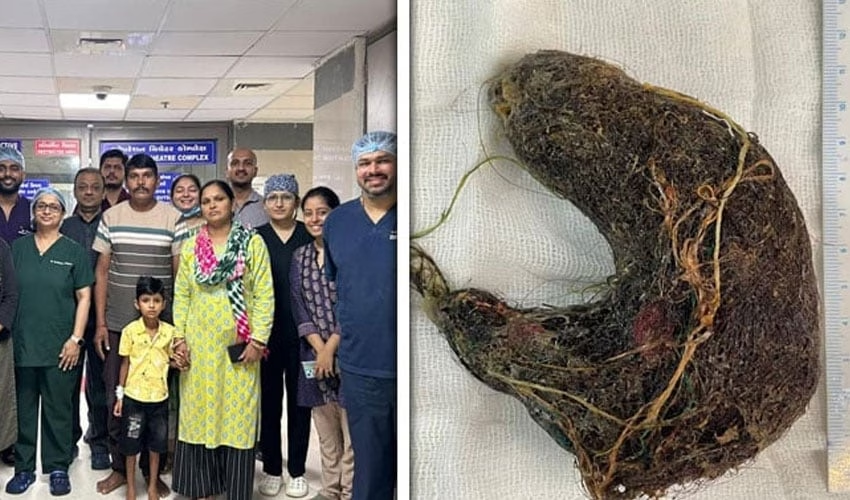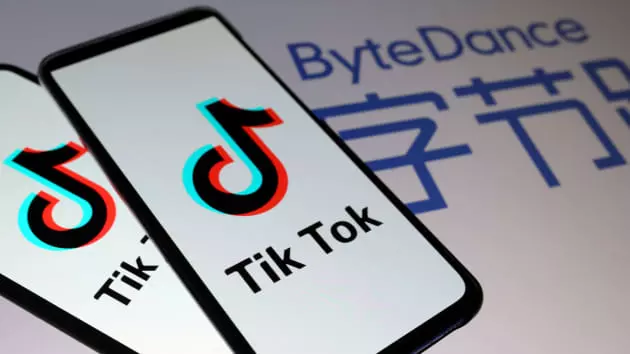The EU gives Sindh 10 million euros to help with fair and inclusive education.
The European Union (EU) is giving nearly Rs. 2.2 billion (€10 million) to the Government of Sindh to help the province’s education policies be better carried out.
This is the second payment of a 42-million-dollar grant that the European Union facilitated through budget support for the Development through Enhanced Education Programme (DEEP).
This direct financial support makes it easier for all children in the Sindh province to get a good education, which is important for future training, skill development, and getting a job that pays well.
Read Also: Karachi Board Postpones Intermediate Exams Once Again
The programme is in line with the Sindh School Education Sector Plan & Roadmap for 2019–2024, with a focus on governance, enrollment, and the quality of teaching as the most important areas for reform. UNICEF helps strengthen the Sindh School Education and Literacy Department’s (SELD) ability to respond and its systems so that it can plan, manage, and provide quality and fair education.
Mr. Syed Sardar Ali Shah, the Minister of Education for Sindh, said, “Education remains one of the top priorities for the Government of Sindh. We want to make it easier for everyone to get an equitable, inclusive, and high-quality education so they can reach their fullest potential and help the economy and society grow.
This will give people a sense of belonging to their country and teach them the values of tolerance, social justice, and democracy. SELD has come a long way in working with donors, development partners, and civil society to change the way education works.
The European Union’s contribution, which is named “Development through Enhanced Education” and has a budget of €42 million to backing it up, is very good. This will not only help carry out the activities of the Education Sector Plan 2019–24, but it will also bring quality education to Sindh.
Dr. Riina Kionka, who is the ambassador of the European Union to Pakistan, said this about the situation: “Education and learning are essential to growth and development.”
We are happy with the latest steps that the Government of Sindh is taking to implement reforms. These include the updated school clustering policy, the continuous professional development model for teachers, and more digitization of monitoring systems.
Read Also: The entry test dates for Allama Iqbal Open University have been announced.
“However, there is still a lot to do with the 6 million children who are still not in school, of which more than half are girls,” he said.
The European Union will continue to work with the Government of Sindh to improve education and make sure that all boys and girls in the province can go to school.
The European Union’s support for primary and secondary education is a top priority in the European Union-Pakistan Strategic Engagement Plan.
This plan serves as a guide for bilateral relations between the two countries and aims to improve engagement and work toward solving new global challenges.











